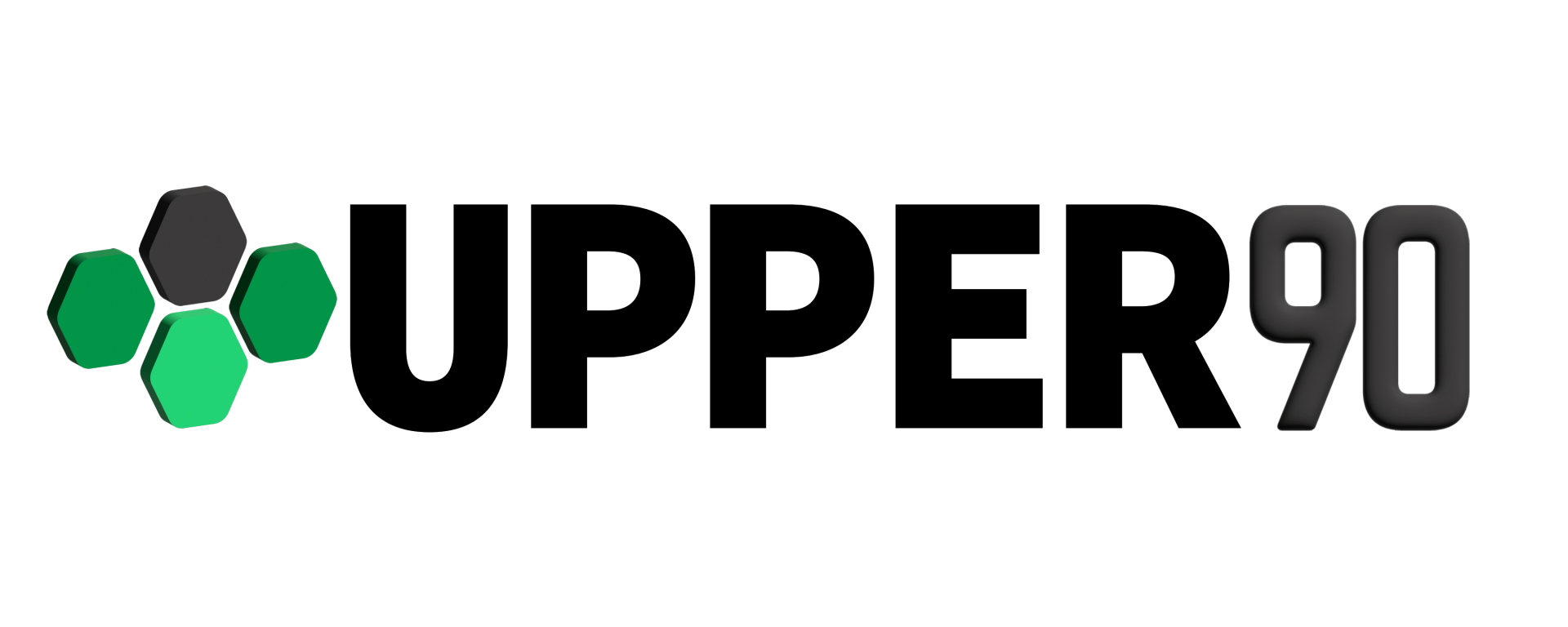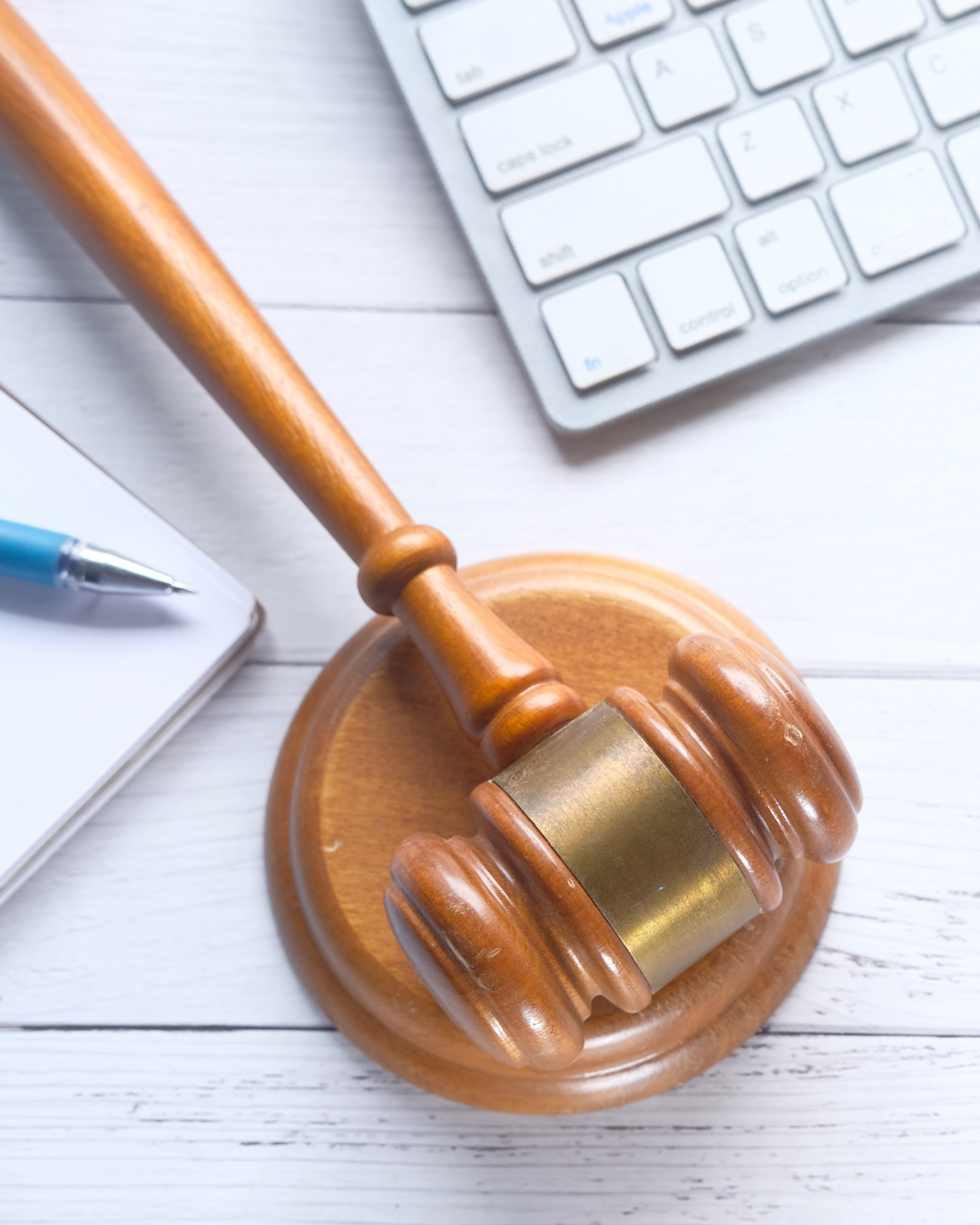Working sustainability into your city planning and governance may seem a bit daunting at the outset. With so many different platforms and metrics out there, it can be difficult to know what fits your city's needs. Our approach at Upper 90 lays out a simple and straightforward way to lay the foundation, assess needs, and create a pathway to implementation.
First, understand your baseline.
Before you can arrive at your destination, you need to plan your path forward. Understanding wins and losses (your areas for improvement in policy and development) allows a clear picture on goals specfically geared towards your community. A great resource, and one that we utilize to maintain comprehensive, global compliance in conjuction with the UN Sustainable Development Goals (SDGs), is through the Global Reporting Initiative.
Then, bring together local champions.
You've identified what your needs are -- now what? Creating buy-in with all community stakeholders is crucial for effective implementation. This works best by establishing a small group of 'champions' to move your plans forward. Benefits of this allow for local government officials and staff to connect directly to their constituents, business owners, etc. to curate solutions that are both wanted and necessary. The City of Eau Claire, for example, has created a multi-part action plan (REAP) to transition to renewable energy and net-zero carbon for the entire community by 2050, outlining the benefits for businesses, residents, and the local ecosystem.
Shared benefit creates collective buy-in and paves the way for allocating resources to achieve these goals, like enlisting the help of experts.
We also know not every community has the ability to hire full-time staff to spearhead sustainability initiatives. That is where our approach is different than most firms. Our program works with your local government as an extension of your team to fill that gap. We help our clients get from point A to point B in building community resilience without stressing budgets. If you would like to know more about how we can help you take the next steps toward building a resilient community, please contact us for more information. Together we can provide the necessary tools for creating resilient communities for the future!




